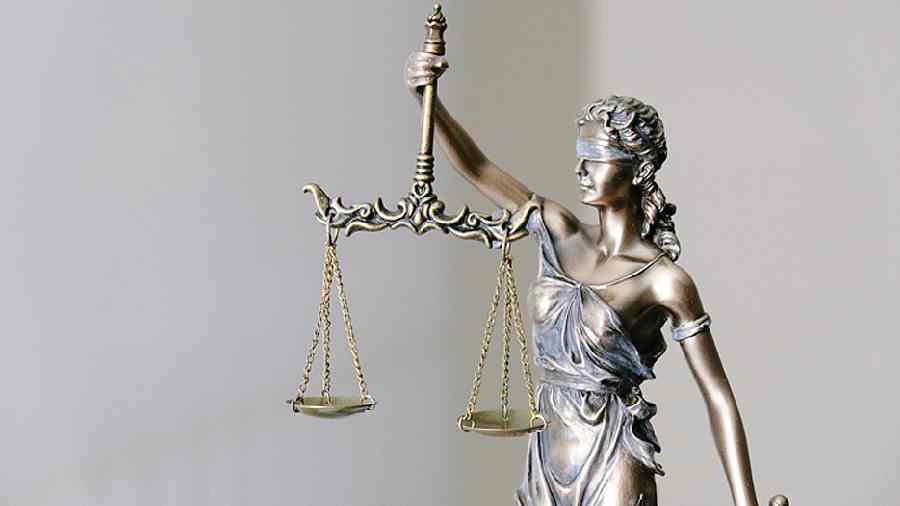The Madhya Pradesh High Court recently acquitted a wrongly-convicted tribal student after 13 years in jail. A trial court had sentenced him in the fourth year of his medical college degree. The high court, while acquitting him, noted that the police investigation was “motivated” and called it a case of “discrimination and oppression”. Interestingly, the court also imposed a fine of Rs 42 lakh as compensation for the medical student. This case sheds light on a crucial subject: the question of compensating the victims of India’s criminal justice system.
The critical stance of the court calls for a debate on undoing the damage done by the CJS in the cases of false convictions. The famous quote, “It is better that ten guilty persons escape than that one innocent suffer,” seems a bit too romantic for the Indian situation. According to the National Judicial Data Grid, about 30 million criminal cases are pending before the trial courts, out of which 2.4 million cases are more than 10 years old and 5.1 million cases are 5-10 years old. Further, the National Crime Records Bureau’s prison statistics highlight that until December 2019, there were around 3,30,487 undertrials, whereas the number of convicts was about 1,44,125. Another study suggests that the marginalised have an overwhelming presence among undertrials: 31.50%, 21.60%, and 12.40% belong to the other backward classes, scheduled castes and the scheduled tribes, respectively. Out of every 100 prisoners languishing in jail, about 64, by this estimate, are OBC, SC, or ST.
The same report suggests that the deeply-entrenched prejudice against the lower castes plays a pivotal role in their harassment and incarceration. A report by Amnesty International affirms that there is a possibility of systematic bias as the police officers tend to discriminate against the lower castes. This bias is one of the primary reasons for people from marginalised communities spending a long time behind bars.
Lola Vollen, the co-founder of the Berkeley-based Life After Exoneration Program, claims that those who have undergone wrongful conviction don’t recover upon acquittal. Spending a large chunk of life behind bars has long-term psychological, social, emotional, and financial consequences, manifest in mistrust, anxiety, and psychiatric illness. India’s Dalits and adivasis face a double stigmatisation: first, on the basis of caste; and then the disgrace of imprisonment.
There is no specific statute that deals with mandatory compensation schemes for the victims of wrongful conviction but the courts have devised some jurisprudence. In Rudul Shah vs State of Bihar (1983), faced with the question of awarding compensation to a wrongfully-convicted victim whose fundamental rights were violated for 14 years, the Supreme Court granted, for the first time ever, Rs 30,000 as compensation. However, the jurisprudence on the same is not uniform. In the Akshardham terror case, the court reprimanded the authorities for investigating terror attacks in a mala fide manner but refused to entertain the issue of compensation even though people had languished in jail for decades.
Earlier, in its 277th report, the Law Commission of India recommended amendments to the Criminal Procedure Code, 1973. The LCI prescribed a grant of interim compensation by the State to the victim in a pecuniary and non-pecuniary manner. But the suggestions have not yet been incorporated. There is a pressing need for intervention to protect the interests of the marginalised within the framework of the CJS. Such a law would ensure the accountability of the State.
Shaileshwar Yadav can be reached @shaileshwar21











